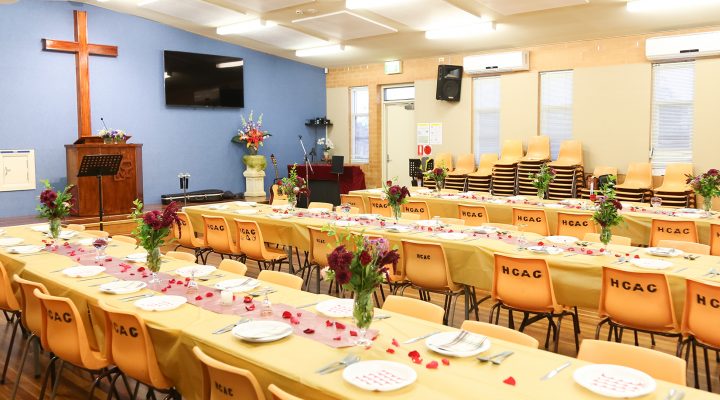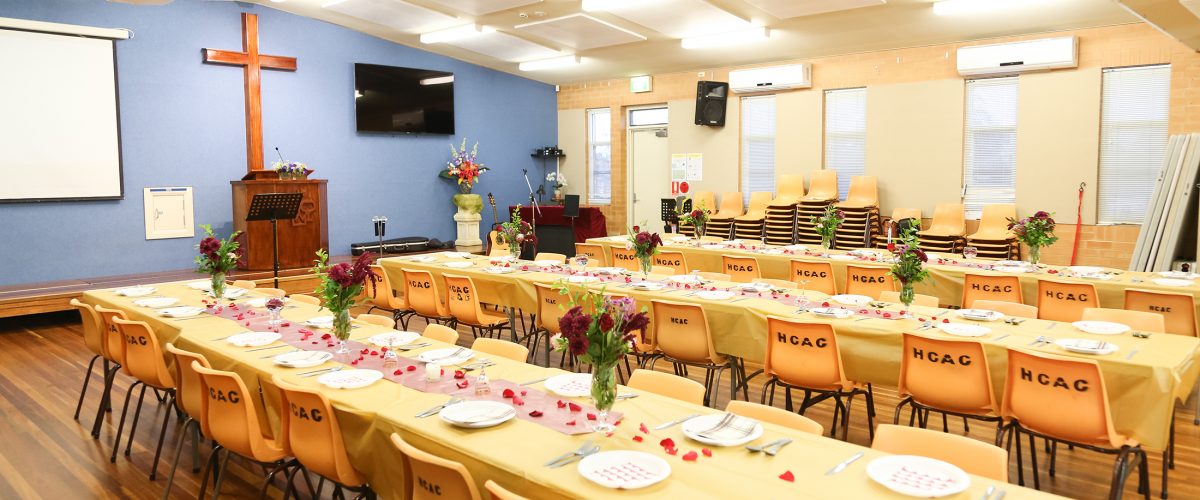The decline of the church in the Western world has been the subject of extensive study and speculation. Often, we focus our attention on the motivations of those who have left Christianity. In this season following Pentecost, however, perhaps we in the church should turn our reflections inward and consider what these dwindling numbers might reveal about our own lives of faith.
Do our empty pews tell of a world that has lost interest in Jesus, or are they a sign that we, his followers, have neglected an essential part of our witness to his redemptive power and love?
The book of Acts begins with the resurrected Jesus preparing his disciples to receive the Holy Spirit. This, he says, is the power that will allow them to bear witness to him “in Jerusalem, in all Judea and Samaria, and to the ends of the earth.” Perhaps inspired by this vision of an ever-expanding field of ministry, terms like the “witness” or “mission” of the church have typically carried an external connotation. We associate them with the works of proclamation and charity that those within the church are called to perform for those outside it.

Loomis Rehnborg
It is true that these are important activities in the life of the church. When we focus too intently on them, however, we are likely to overlook a third essential component of Christian witness described in the early chapters of Acts: life within the community of believers itself.
Passages like Acts 2:43-47 and 4:32-37 tell of the ways the Holy Spirit dramatically transformed the daily lives of the members of the early church. Those who were baptized ceased living as independent and self-sufficient individuals. Instead, they took radical steps to join their lives with other Christians to form a unified household for provision and support.
Too often, Christians today seem to regard their decision to live in this way as some kind of pious sacrifice — a willingness to forgo earthly comforts and prosperity for the hope of a later eternal reward. Acts itself, however, never portrays these practices as hardships or somber moral obligations. Instead, they are depicted as logical and joyful responses to their renewed understanding of the world.
Their example points us to the vast scope of the reconciliation Jesus offers to the world. In Christ, we not only find the restoration of our communion with God, but also with other people and creation itself.
In the light of his grace, we are invited to participate in an entirely new possibility of human life. To follow him there, however, we must first renounce our efforts to control this world by way of power and wealth and learn instead to nurture and liberate God’s creation through acts of service and love.
The church is not only intended to be a community that tells this story with words and rituals, but also with its life. More than simply applying a new ethical standard to our old ways of living, we are called to participate in a new economy — that is to say, a new way of perceiving, engaging and drawing our life from creation.
Guided by the wisdom of the Holy Spirit rather than the delusional ambitions of man, we can move beyond a life of purchases and conquests into a life where we receive God’s provision by way of mutual help and belonging within the body of Christ.
“The early church’s ability to generate beautiful and life affirming outcomes while subverting all Caesar’s established rules for success did not go unnoticed.”
These changes may be internal to the church community, but their impact extends far beyond our congregations. The early church’s ability to generate beautiful and life affirming outcomes while subverting all Caesar’s established rules for success did not go unnoticed. It invited onlookers to ask, “What do you know about this world that we don’t?” and opened the door for the believers to introduce them to the one who showed them the way.
Acts tells us their holistic commitment to the gospel inspired the “goodwill of all the people” and created new followers of Jesus every day.
Unfortunately, however, this dimension of mission and witness has been almost completely lost by the modern Western church. Across the entire fundamentalist-to-progressive spectrum of Christianity, the church largely has been reduced to a religious organization that operates within the dominant economic systems of its day.
Most associate “Christian community” with Bible studies, dinner groups and occasional volunteer opportunities, not with changes in our own living arrangements, daily work or the practices we use to acquire our food and clothing.
During the week, this leaves us dependent for our daily bread upon an economy that openly rejects Jesus’ way of patience, humility and service. Instead, our lives are swept up into the relentless systems, activities and obligations that serve the industries and institutions that aspire to possess and control creation.
Not only does this make us complicit in the continued degradation of the earth and its peoples, but the time, energy and attention we could be dedicating to God is instead diverted to our ever-expanding to-do lists. Jesus’ role in this world is ultimately reduced from the Lord of a new creation to a mere religious critic of the old kingdoms of men.
If anything, however, our collective negligence has served to bring the truth of Jesus into sharper relief. Our modern economies have succeeded in making us the wealthiest people in history, but the fulfillment and satisfaction we expected continues to elude us.
“Our modern economies have succeeded in making us the wealthiest people in history, but the fulfillment and satisfaction we expected continues to elude us.”
Our world is instead scarred by division, exploitation and a pervasive sense of misgiving and vulnerability. The longer we argue about which people, parties and policies are to be blamed, the longer we miss the fact that the entire project was doomed from the start because it is based on a fundamental misunderstanding of the world.
If there ever was a time when the church’s living witness could resonate with the people around us, this is it. Many can sense there should be more to life than they are experiencing and are hungry for a better way of living, but we in the church are failing to offer them a meaningful alternative.
The harvest is plentiful, but we must first be willing to show them with our own lives the redemption and renewal Jesus offers to us all.
A change of this kind will take time and patience as we reorient our vision, expectations and daily living practices. If we desire to embark on this journey, though, here are a few ways we can start:
Cultivate awareness of connections: Modern life is famously individualistic in its attention and practices. This not only encourages selfish behaviors but also blinds us to the countless ways our lives depend on our connections to other people, other creatures, the land and our Creator.
Restoring our awareness of these bonds will be critical for Christians to begin to imagine new ways we can sustain our lives without relying on wealth and possessions. Church leaders can help heal this vision by emphasizing the communal understanding of life offered by Scripture, as well as by fields such as biology, ecology, sociology and community development.
Establish practices of mutual support: The transformation from a life based on wealth to a life based on mutual help will not happen overnight, but churches can begin moving in that direction by establishing initial practices among the members of their congregations. For example, replace some child care or elder care costs with family support networks, or some grocery or restaurant bills with gardens or cooking groups.
“Find low-hanging fruit by identifying places where your members’ needs and desires meet their skills and resources.”
Find low-hanging fruit by identifying places where your members’ needs and desires meet their skills and resources. Once these practices and relationships are established, the congregation can gradually build upon them as they find more and more ways to mutually support one another’s lives.
Reimagine ways to use church properties: Many churches today were designed as institutional spaces that resemble schools or office buildings beyond their sanctuaries. It is little surprise, then, that most people regard their church as a place for instruction and programs rather than one that can practically sustain their daily lives.
Consider ways to transform the church property into an extension of the congregation’s homes by reimagining unused or underutilized areas. Create welcoming, comfortable and functional spaces that will encourage members to informally gather and share life at the church throughout the week.
Ultimately, the success of these efforts and others like them will not be measured by the percentage of our pews that are filled on Sundays, but by the degree to which our lives resemble the way of Jesus throughout the week.
As we grow closer to him, the lines we have drawn between our faith and our earthly lives gradually will begin to blur until, God willing, our days become a continuous act of prayer and worship to our Creator.
As this happens, people may once again begin returning to our churches — not because they want a religion that looks more like our Christianity, but because they want lives that look more like our Christ.
Matthew Loomis Rehnborg lives in Greenville, S.C., with his wife and son and is a member of First Baptist Greenville. He is a community planner and a seminary graduate who dreams of helping churches develop spaces and practices that will allow them to engage their faith in deeper and more tangible ways.


